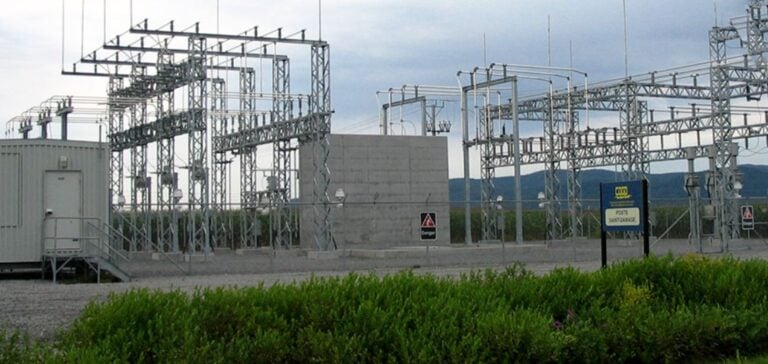The Saint-Jean-Baptiste Electric Cooperative will receive CAD3.43mn ($2.5mn) in financial support from Investissement Québec on behalf of the provincial government. The funding will enable the deployment of smart meters and a secure wireless communication network across the cooperative’s service area. The total project, valued at CAD4.29mn ($3.12mn), is part of the “grand V” initiative aimed at stimulating technological investments to enhance productivity in Québec’s energy infrastructure.
A rollout across 470 km² of service area
Founded in 1944, the Cooperative is one of eleven electricity distributors in Québec. It currently serves 5,800 members across 16 municipalities in Montérégie and Estrie, covering a 470 km² territory. With this project, it becomes the first entity in Québec and the third in Canada to implement second-generation smart meters equipped with advanced features.
The financial support includes two loans: CAD1.29mn ($0.94mn) from the ESSOR programme, administered by Investissement Québec, and CAD2.14mn ($1.56mn) from the “grand V” initiative. The goal is to improve winter peak load management, enhance service reliability, and allow quicker response to network disruptions.
Improved management through real-time data collection
The deployment of smart meters will enable the Cooperative to collect real-time data, facilitating network monitoring and faster fault detection. Members will also gain access to new consumption management tools and dynamic time-based pricing.
According to Michel Doyon, Chairman of the Board, the new installations will provide better control over energy use, faster service, and more flexible pricing options. General Manager Damien M. Tholomier added that the project also includes an interactive outage map and the integration of distributed energy resources.
A government-backed modernisation effort
The funding announcement was made by Minister of Justice and Minister Responsible for Canadian Relations Simon Jolin-Barrette, alongside Minister of Economy, Innovation and Energy Christine Fréchette, and Iberville MNA Audrey Bogemans. All officials highlighted the importance of modernising local energy infrastructure to ensure its resilience and operational efficiency.
The Cooperative, which operates on a locally autonomous and mutualised model, sees this funding as a way to strengthen the long-term sustainability of its network. The project is framed as a major step in the evolution of its services, aligned with energy priorities set by provincial authorities.






















